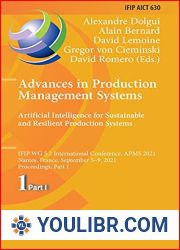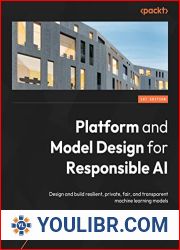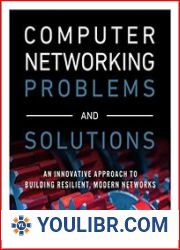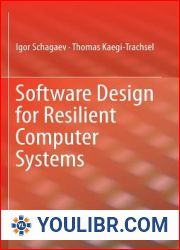
BOOKS - Built-in Fault-Tolerant Computing Paradigm for Resilient Large-Scale Chip Des...

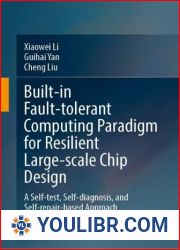
US $5.94

836459

836459
Built-in Fault-Tolerant Computing Paradigm for Resilient Large-Scale Chip Design: A Self-Test, Self-Diagnosis, and Self-Repair-Based Approach
Author: Xiaowei Li
Year: March 1, 2023
Format: PDF
File size: PDF 31 MB
Language: English
Year: March 1, 2023
Format: PDF
File size: PDF 31 MB
Language: English
With the end of Dennard scaling and Moore's law, IC chips, especially large-scale ones, now face more reliability challenges, and reliability has become one of the mainstay merits of VLSI designs. In this context, this book presents a built-in on-chip fault-tolerant computing paradigm that seeks to combine fault detection, fault diagnosis, and error recovery in large-scale VLSI design in a unified manner so as to minimize resource overhead and performance penalties. Following this computing paradigm, we propose a holistic solution based on three key self-test, self-diagnosis and self-repair, or "3S" for short. We then explore the use of 3S for general IC designs, general-purpose processors, network-on-chip (NoC) and deep learning accelerators, and present prototypes to demonstrate how 3S responds to in-field silicon degradation and recovery under various runtime faults caused by aging, process variations, or radical particles. Moreover, we demonstrate that 3S not onlyoffers a powerful backbone for various on-chip fault-tolerant designs and implementations, but also has farther-reaching implications such as maintaining graceful performance degradation, mitigating the impact of verification blind spots, and improving chip yield. This book is the outcome of extensive fault-tolerant computing research pursued at the State Key Lab of Processors, Institute of Computing Technology, Chinese Academy of Sciences over the past decade. The proposed built-in on-chip fault-tolerant computing paradigm has been verified in a broad range of scenarios, from small processors in satellite computers to large processors in HPCs. Hopefully, it will provide an alternative yet effective solution to the growing reliability challenges for large-scale VLSI designs.





















